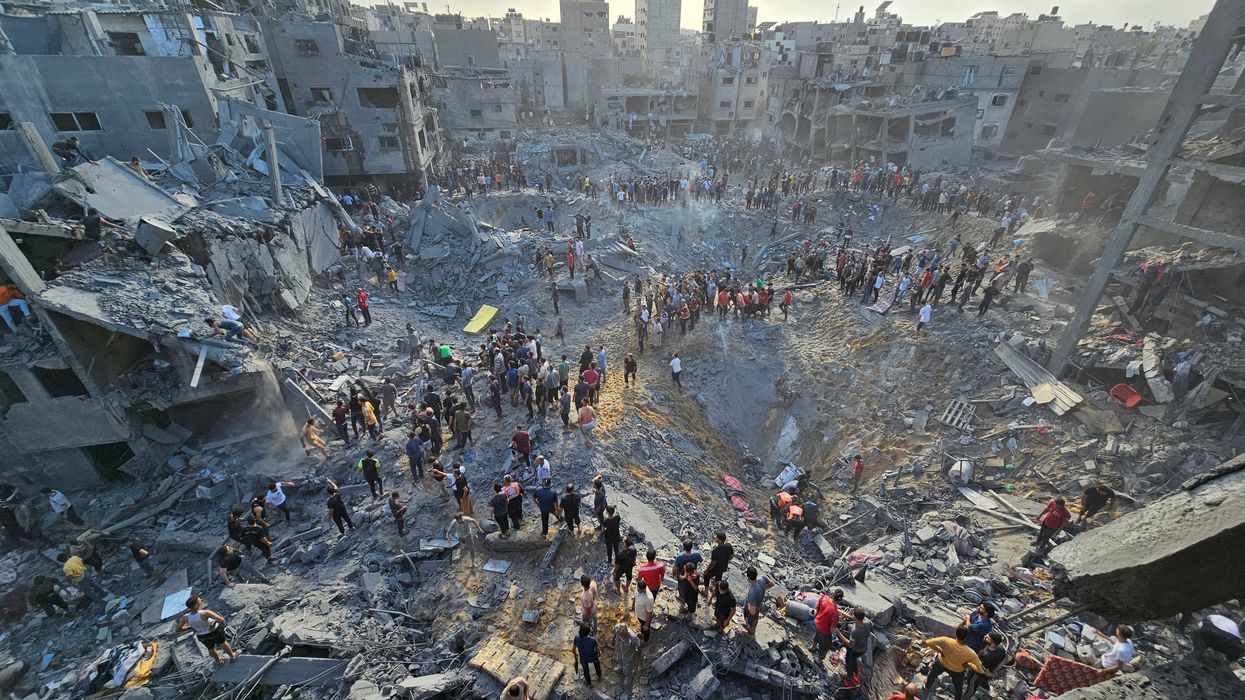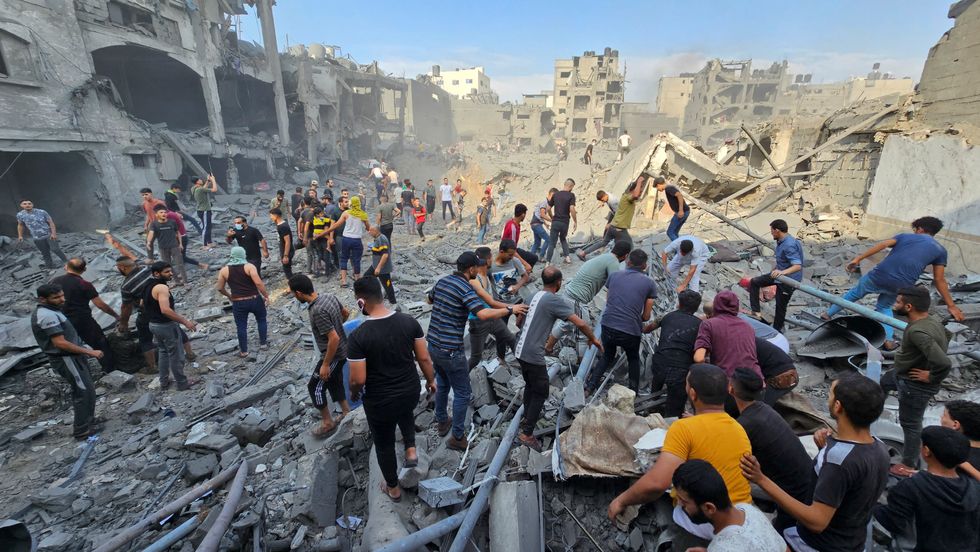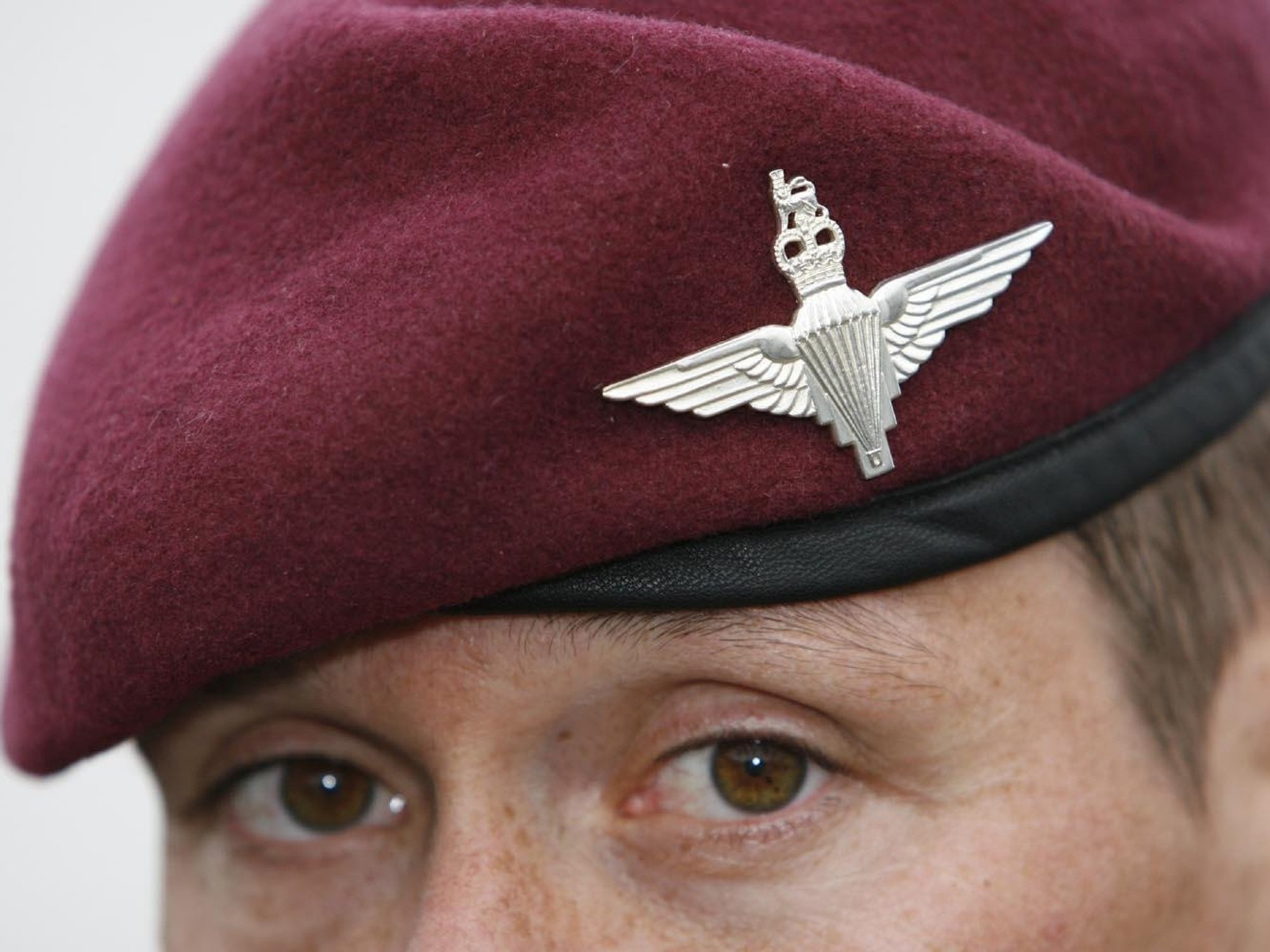Hamas commander dead after refugee camp bombing destroys crucial underground terror network

Palestinians search for casualties at the site of Israeli strikes on houses in Jabalia refugee camp in the northern Gaza Strip
|Reuters

The IDF has claimed responsibility for the attack
Don't Miss
Most Read
Latest
A senior Hamas commander, Ibrahim Biari, has been killed in an attack at Jabalia refugee camp in Gaza.
Gaza's Hamas-run health ministry said at least 50 people were killed and 150 have been wounded.
The Israeli Defence Force (IDF) has confirmed that Israeli fighter jets carried out the strike.
Gaza's health ministry described the attack as a "horrific massacre".
WATCH NOW: Israeli airstrike in Jabalia
IDF Spokeman Daniel Hagari said the attack also killed several other Hamas members who were with the commander "in the building and underground".
He says other buildings collapsed a result of the strike, which he described as having a "very extensive infrastructure".
"The purpose of that infrastructure", Hagari says, "was to carry out terrorist activities against our forces".
Hagari said the entire infrastructure has now collapsed.
National Security Adviser Tzachi Hanegbi said central and south Gaza's "turn will come", calling it a "long battle".
He has stated that Hamas continues to use the civilian population as shields intentionally "and in a very cruel and brutal manner".
Hanegbi said that Sinwar, the current leader of Hamas, does not care about the people of Gaza, stating the he "intentionally built Hamas infrastructure beneath people's homes".
The IDF has called for people north of the Gaza strip to head south.

Palestinians search for casualties at the site of Israeli strikes on houses in Jabalia refugee camp in the northern Gaza Strip
|Reuters
Lieutenant Colonel Richard Hecht told CNN: "We're looking into it and we'll be coming out with more data as we learn what happened there."
Israel has declared northern Gaza an evacuation zone.
North Gaza has been cleared of many of its civilians as possible to further Israel's military campaign, the national security adviser says.
Benjamin Netanyahu has dismissed international calls for a ceasefire to enable emergency aid deliveries to civilians suffering from critical shortages of food, medicine, drinking water and fuel.










